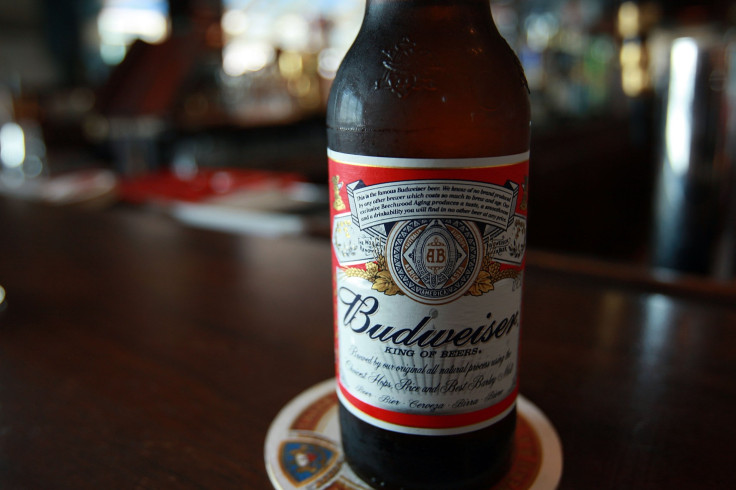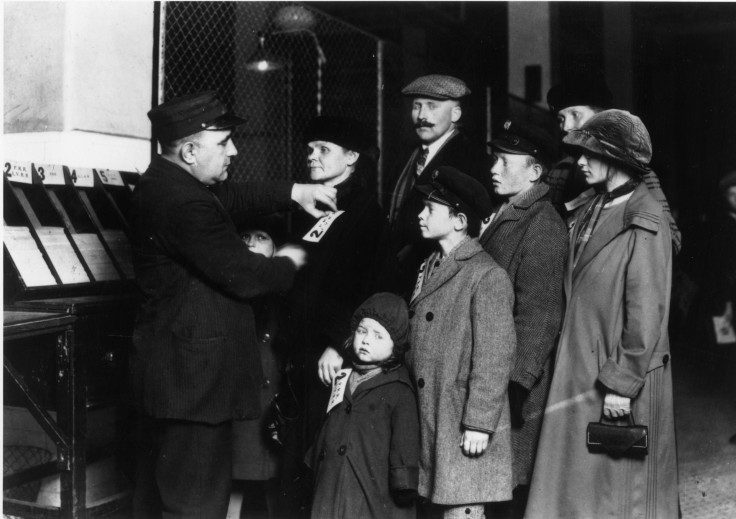Budweiser Super Bowl Commercial 2017: Immigration, Refugees And Beer In Beverage Giant's New Football Ad

Beer giant Budweiser released its annual advertisement for this year's Super Bowl 2017 scheduled to take place Sunday in Houston. After a divisive election year, the commercial took on a notably political nature.
The ad opens with a young depiction of Adolphus Busch, the German-born co-founder of Anheuser-Busch, the company that brews. Busch is standing in a bar when the man next to him remarks, "You don't look like you're from around here." From then on viewers are brought along a harrowing journey, portraying Busch's move to the U.S. "to brew beer" as he tells a German doctor in the ad. The dramatic, well-shot scenes of shipwrecks, mass movements in poor weather conditions and locals screaming, "You're not welcome here!" to Busch easily channel the plight of refugees and immigrants today.
The commercial comes one week after President Donald Trump signed an executive order restricting nationals from seven Muslim-majority countries in the Middle East and Africa from entering the U.S. Trump and his supporters argue the measures were necessary to protect national security, while his critics the move is discriminatory and ineffective. Opponents have used similar arguments to describe Trump's plan to build a massive, multi-billion dollar wall on the U.S.-Mexican border intended to stem illegal immigration.
Budweiser denied there was any partisanship to the ad. However, by depicting the struggles of German immigrants traveling to St. Louis, Missouri in the 19th century, Budweiser appears to draw a comparison between these individuals, whose families now make up a significant chunk of the nation's white majority and those trudging their way to the U.S. today by land, air and sea trying to gain acceptance in U.S. society. Had the U.S. leaders of yesterday restricted entry to Germans based on association with the political revolutions of their native lands, then the founding fathers of the U.S.' beer tradition may never have had the chance to brew.

While most of the U.S.' German-American ancestry has since assimilated into mainstream the country's mainstream culture, German immigrants were once lynched, tarred and feathered and murdered over accusations they were associated with adversarial German governments, especially during World War I and World War II.
As for Busch, the commercial ends with him showing his brewing plans to the man beside him at the bar. The man looks at the paper and introduces himself as Eberhard Anheuser, a fellow German-born immigrant with whom Busch would go on to found the largest brewing company in the world.
© Copyright IBTimes 2025. All rights reserved.






















